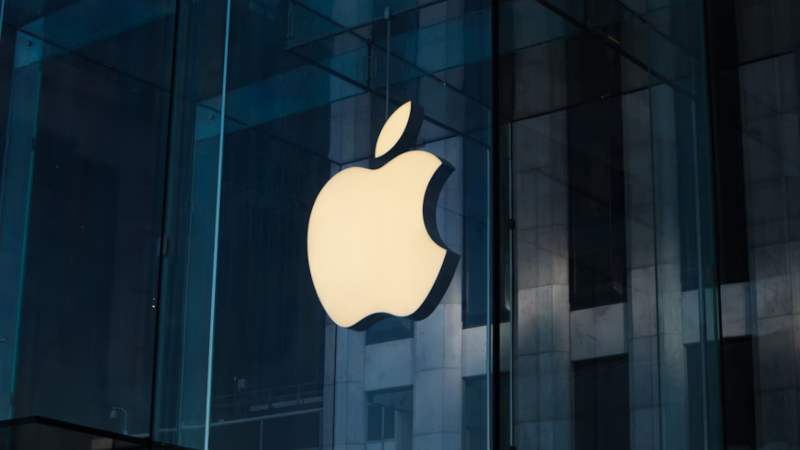 INFRA
INFRA
 INFRA
INFRA
 INFRA
INFRA
Apple Inc. is reportedly mulling the idea of buying NAND flash memory chips from China’s Yangtze Memory Technologies Corp. amid fears of increased supply chain disruption.
A report Wednesday from Bloomberg said Apple has been testing flash memory chips built by the Chinese firm and holding negotiations over a potential supply agreement for several months. The negotiations are reportedly in response to an incident at a Japanese facility jointly owned by Apple’s chief flash memory supplier Kioxia Corp. and Western Digital Corp. that saw 6.5 exabytes of 3D NAND flash lost due to contamination issues.
Kioxi and Western Digital’s chips are widely used in Apple’s iPhones and other devices. The company reportedly has already made up for the lost production by securing new chips from Samsung Electronics Co. Ltd. and SK Hynix Inc. It also regularly orders chips from Micron Technology Inc. However, it is now seeking to reduce its reliance on Kioxia and Western Digital in order to “maintain supply chain consistency and dependability,” Bloomberg reported.
Yangtze Memory is the only Chinese flash memory chip supplier that can produce enough volume for Apple’s needs. Even so, it is considerably smaller than Kioxia, Samsung and Micron, so it will hardly challenge those suppliers.
In fact, Bloomberg said, the sheer volume of chips used by Apple means it’s unclear whether or not Yangtze Memory has the ability to meet Apple’s demands. Apple is also known to be a very demanding customer, placing large orders and expecting to be given priority as a matter of course.
That said, a volume deal with Apple would give Yangtze Memory a considerable boost in status in the world of flash memory suppliers. Most analysts believe it’s behind the curve in technology. Yangtze Memory makes so-called string-stacked 128-layer NAND chips using Xstacking technology with separate controller logic chips and NAND chips. In contrast, Kioxia and Western Digital both manufacture 162-layer chips, while Micron, Samsung and SK Hynix use a 176-layer process.
Despite the older tech, DigiTimes reported that Yangtze Memory’s flash chips have already passed Apple’s validation tests and said that small volume shipments would begin in May.
Whether that’s true or not remains to be seen, because by setting up a supply deal with a Chinese manufacturer, Apple would be running counter to the U.S.’s trade policy of becoming less dependent on Chinese-made technology.
Block and Files said today that it could be that Apple is simply using the negotiations to increase the pressure on its other suppliers to give it higher priority.
Support our mission to keep content open and free by engaging with theCUBE community. Join theCUBE’s Alumni Trust Network, where technology leaders connect, share intelligence and create opportunities.
Founded by tech visionaries John Furrier and Dave Vellante, SiliconANGLE Media has built a dynamic ecosystem of industry-leading digital media brands that reach 15+ million elite tech professionals. Our new proprietary theCUBE AI Video Cloud is breaking ground in audience interaction, leveraging theCUBEai.com neural network to help technology companies make data-driven decisions and stay at the forefront of industry conversations.